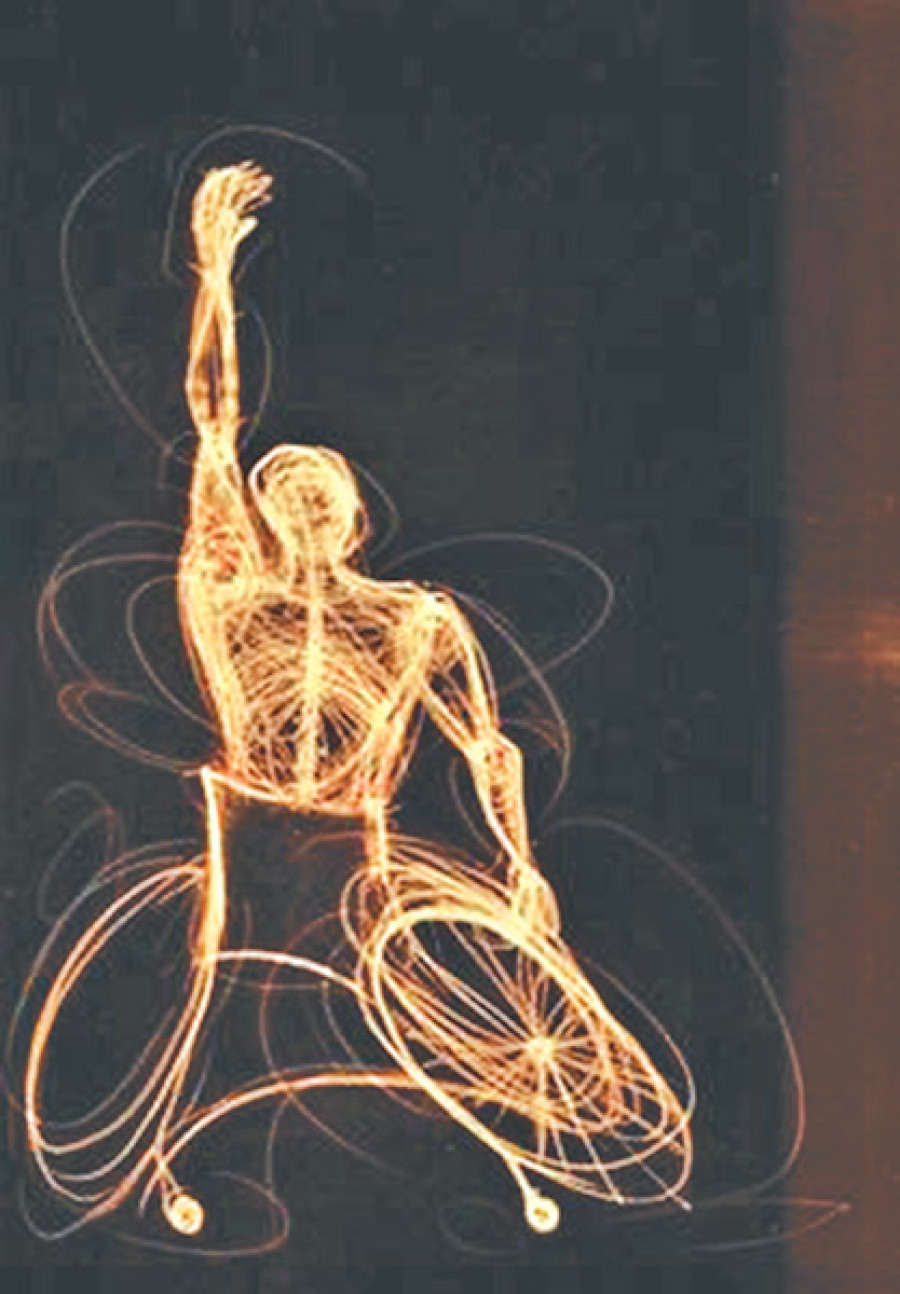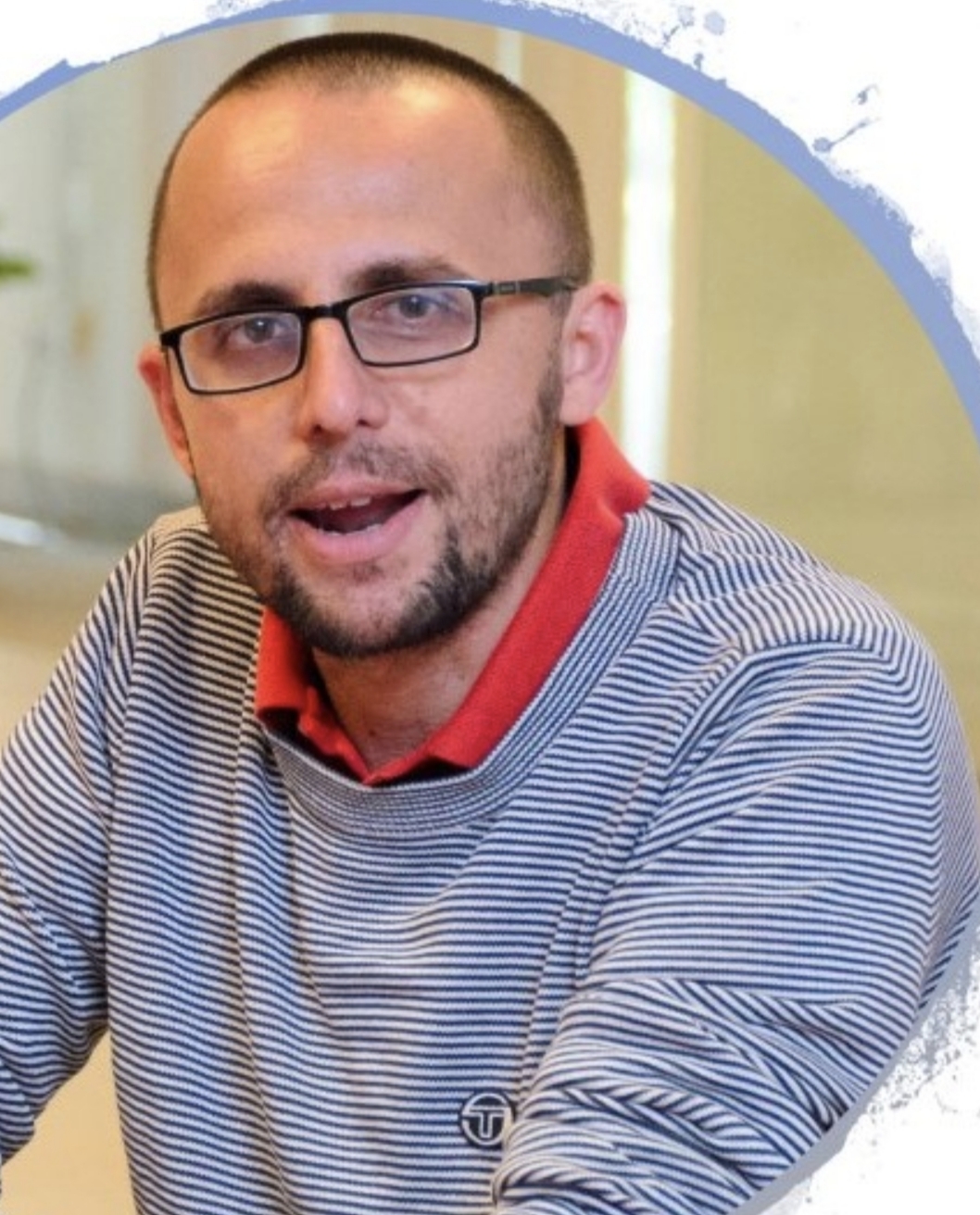Opinion
Paving the way
Creating genuine opportunities for all vulnerable youth groups is the next important step
Simone Galimberti
With a new government in place, leaders of the disability community have been reinvigorating their efforts to have the legislative assembly pass a new disability act that would better reflect Nepal’s commitment towards the implementation of the Convention on the Rights of Persons with Disabilities of which Nepal is a signatory party. Their efforts have finally paid off with a new Disability Act on the 6th of August. It was high time the state stepped up its support for persons living with disabilities, one of the most neglected groups in the country.
Societal change
Passing a new disability act was long overdue, especially if you look at the new commercial buildings arising in the Kathmandu Valley and around the entire country. There are brand new and fashionable buildings that host prestigious offices and brands but are inaccessible to a large section of the population. But the act, while itself a turning point, should leave no space for complacency; no one should be surprised if the existing indifference towards the rights of persons with disabilities persists. After all, unless you are directly affected, either by being a person with a disability yourself, or by being a family member of a person with a disability, you would not be really be moved to work towards a more disabled-friendly society.
The challenges are manifold: We have to work very hard to get the people of Nepal to re-think and redesign physical infrastructure, we also need to ensure that the country becomes more inclusive, with programs that allow persons with disability to climb the proverbial ladder and attain leadership positions.
We often think that having disabled friendly buildings is synonymous with ensuring a just and inclusive society, but this is only partially true. Having such buildings in place while taking into consideration the rights and special needs of persons with disabilities is an important prerequisite for a more cohesive and just society, but real inclusivity in Nepal will only happen when a change in mind-sets and behaviours is accompanied by creative measures to build the confidence and skills of youths with disabilities. A new legal framework focused on the rights of persons with disabilities was absolutely necessary. Equally important, however, is the establishment of special laws framed for other vulnerable groups as well, thus laying the pillars for a better Nepal.
Yet relying on a rights-based approach alone would not be enough. We also need to advocate and push for an opportunity-based strategy that harnesses the hidden potential of youths with disabilities and their peers living in a state of vulnerability. I am referring here to a framework of practical, tangible actions that can lift up all vulnerable youths. I personally know many youths with disabilities who refuse to own a disability card, a progressive, though symbolic social security measure promoted by the government to support persons with disabilities; they do not want to be seen as a burden and, most importantly, they do not want shortcuts to success. We should not forget that the ultimate goal of any progressive action in this domain should be aimed at kicking off personal development pathways leading to a thriving future for thousands of vulnerable youths.
Continual efforts
An opportunity based approach founded on a strong rights-based frame would motivate vulnerable youths to work hard to become the leaders of tomorrow rather than generic workers, short on hope and with no excitement or passion for their jobs. It is often self-confidence and small actions that can boost the morale of a young person and make a difference. I bet that once we have persons with disabilities in senior government or corporate positions, people will begin to take notice.
Creating opportunities for vulnerable and disadvantaged youths is about harnessing the power of the market but with a push towards self-empowerment, because those youths with disabilities who reject the monthly allowance that comes with their disability cards are just looking for venues where they can shine. They are not looking for hand-outs.
The corporate sector can also really make a difference and executives should realise that hiring a young person with disabilities is a no brainer; it is a win-win situation for the company, for the newly hired employee, and for society in general. However, the issue of social inclusion is complex and very sensitive. The best minds of the nation should come together to sketch out possible plans of action to change the status quo for the better.
Making it compulsory for new buildings to be accessible should remain a priority, but it is not enough. We need a more comprehensive and strategic dialogue to create the conditions for a radical overhaul of the system. Disabled activists should lead national dialogue with the government, development partners and business federations.
The most progressive legislations around the world required decades of effort and were not easy achievements. Even now in the welfare-centric, progressive European Union, the fight is still on for a more comprehensive pan-European legislation on the matter of disabilities.
The efforts in this direction should be implemented at multiple levels and on different platforms such as strategic workshops, smart campaigning and peaceful street protests.
Building alliances among vulnerable groups and sharing strategies to bring change should also be a top priority for all those people and activists who advocate and fight peacefully for a country that celebrates and leverages all diversities. The International Day of Persons with disabilities, to be celebrated in December, is still far away. We have enough time to be fully inclusive and devise a new innovative approach to make rights and opportunities real for persons with disabilities.
Galimberti is the Co-Founder of ENGAGE, an NGO partnering with youths living with disabilities; he can be reached at [email protected]




 9.89°C Kathmandu
9.89°C Kathmandu










